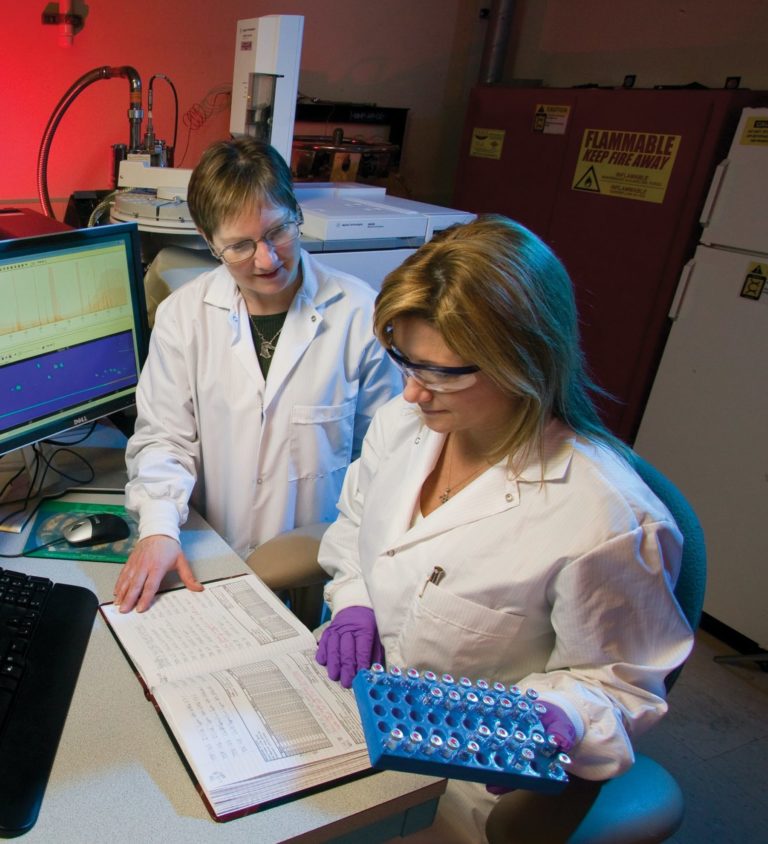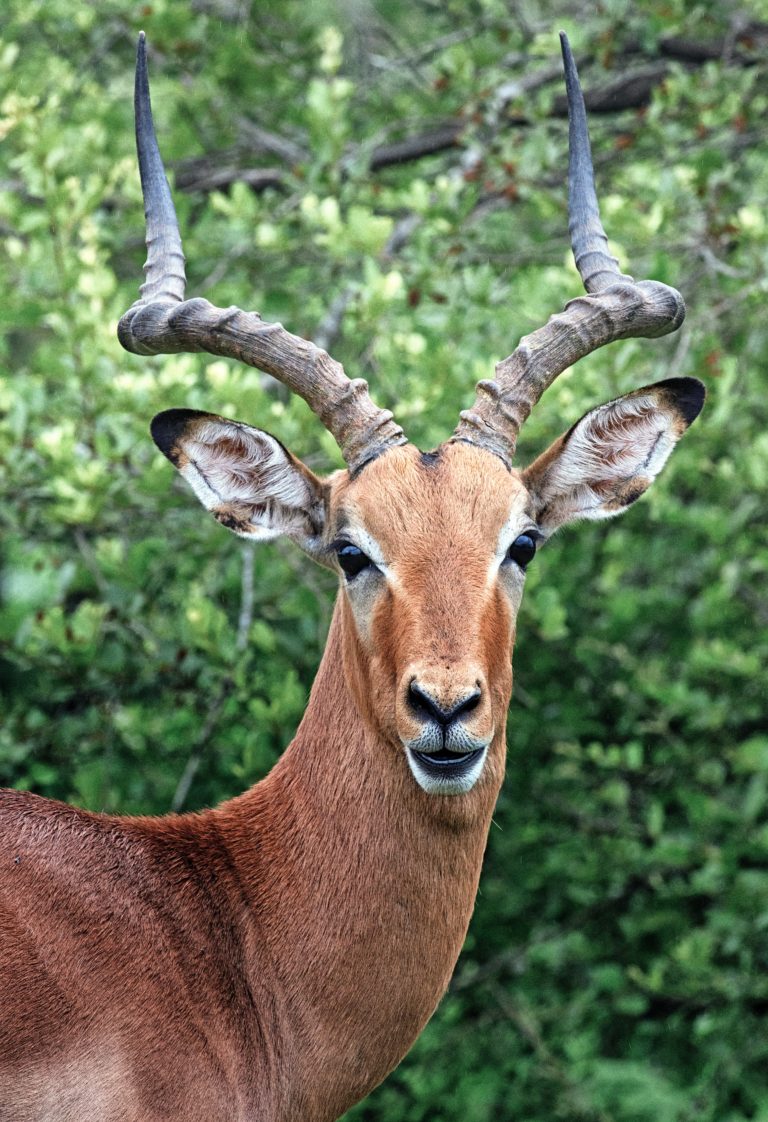If it is -- or was -- alive, biologists will study it. From plants to animals and insects to microorganisms, biology helps us understand how living things work and how they function and interact.
Biology is the natural science that studies life and living organisms, including their physical structure, chemical processes, molecular interactions, physiological mechanisms, development, and evolution.
Advances in biology have helped scientists develop better treatments for diseases; understand how a changing environment may affect plants and animals; produce enough food to feed a growing human population; and predict how sticking to an exercise regimen might affect our bodies.

Education Requirements
Bachelor's degree or advanced degree
Average Salary
$61k
Microbiologists study very small organisms, including bacteria, fungi, and algae. They typically work in a laboratory and can conduct research experiments.

Education Requirements
Bachelor's degree or advanced degree
Average Salary
$54k
Zoologists and Wildlife Biologists study the behavior, life cycle, and genetics of animals and wildlife. They may observe animals or collect biological samples to do their research. Many wildlife biologists specialize in a specific area, such as marine biology; Similarly, zoologists specialize in a specific species, such as insects (entomology), birds (orinthology), or reptiles and amphibians (herpetology).
Career salary data provided by: U.S. Bureau of Labor Statistics Occupational Outlook handbook and O*NET OnLine.